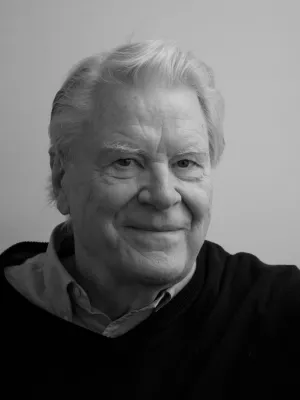Storkonflikten 1980 och andra stora arbetskonflikter i Sverige
The Great Conflict of 1980 and other major labour conflicts in Sweden
Författare
Summary, in English
In the article, the Great Conflict of 1980 is compared with the general strike and great lockout of 1909 and the 1945 metalworkers’ strike. Depending on how they are measured, each of them could lay claim to be the largest labour conflict in Swedish history. While the strikes of 1909 and 1945 ended up in union defeats, the outcome of the 1980 conflict was a severe setback for SAF. The 1909 LO strike and the 1980 SAF lockout both aimed at pressing a non-socialist government to intervene, but none of them was successful in this respect. During the months preceding the 1980 conflict, the centre-right government failed to present an economic-political package satisfying the labour market parties, in particular LO regarding tax adjustments acceptable for the low-income groups. The appearance for the first time of a united front of the LO and TCO public sector unions and bargaining cartels, the “Gang of Four”, complicated the bargaining round. The founding of the private sector white-collar bargaining cartel PTK seven years earlier also weakened the privileged position that the axis LO-SAF had had in the traditional Swedish model. Despite this, the overwhelming majority of strikers and locked out in the 1980 conflict was blue-collar workers in the LO-SAF area, although the participation of some public sector groups attracted great attention. A number of developments in the 1970s formed the background to the great conflict: strong inflationary pressures due to two oil crisis and very high nominal wage increases in the midst of the decade, the first non-socialist government in Sweden for 44 years entering office in 1976 and the appointment of a new SAF president, the militant Curt Nicolin, in the same year. Nicolin set great hopes on the 1980 lockout as “an investment for the future” with the aim to change the bargaining climate for the coming decades. The great conflict of 1980 may be considered an attempt on the part of the employers to change the Swedish model of collective bargaining to radically gear down wage increases. The SAF proposals for a wage freeze (“the zero bid”) and a downsized public sector, presented as the only possible way of securing the standard of living, made up two conspicuous components of an employer strategy to change the rules of collective bargaining. After the 1980 failure, SAF adopted another concept – decentralized and individualized wage formation – to gear down wage increases.



